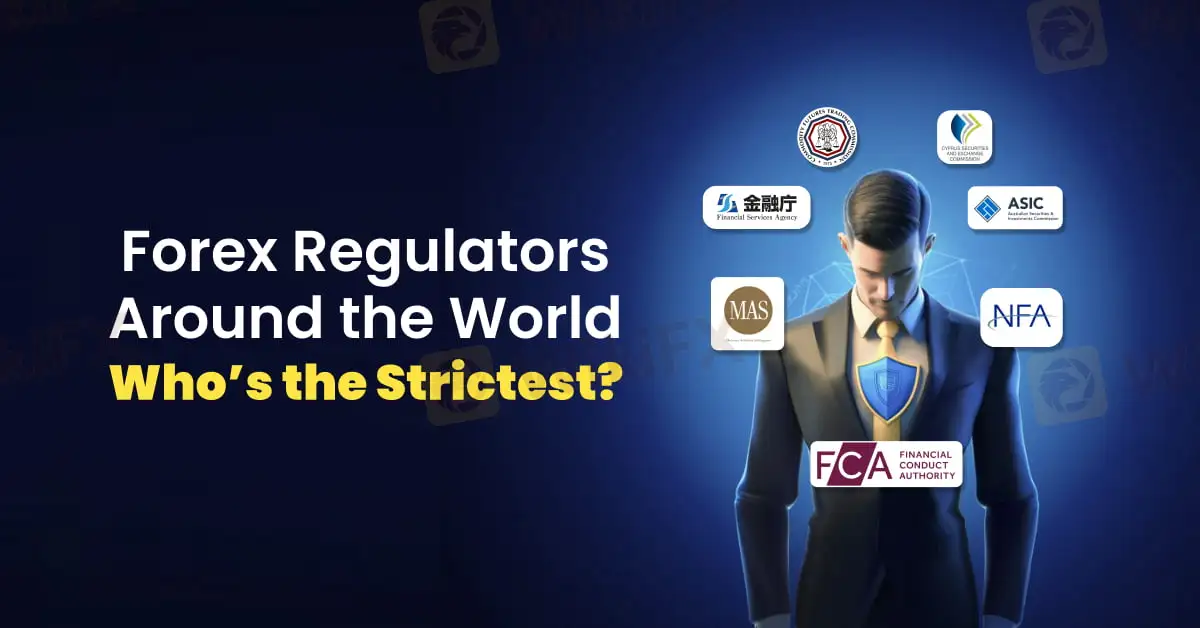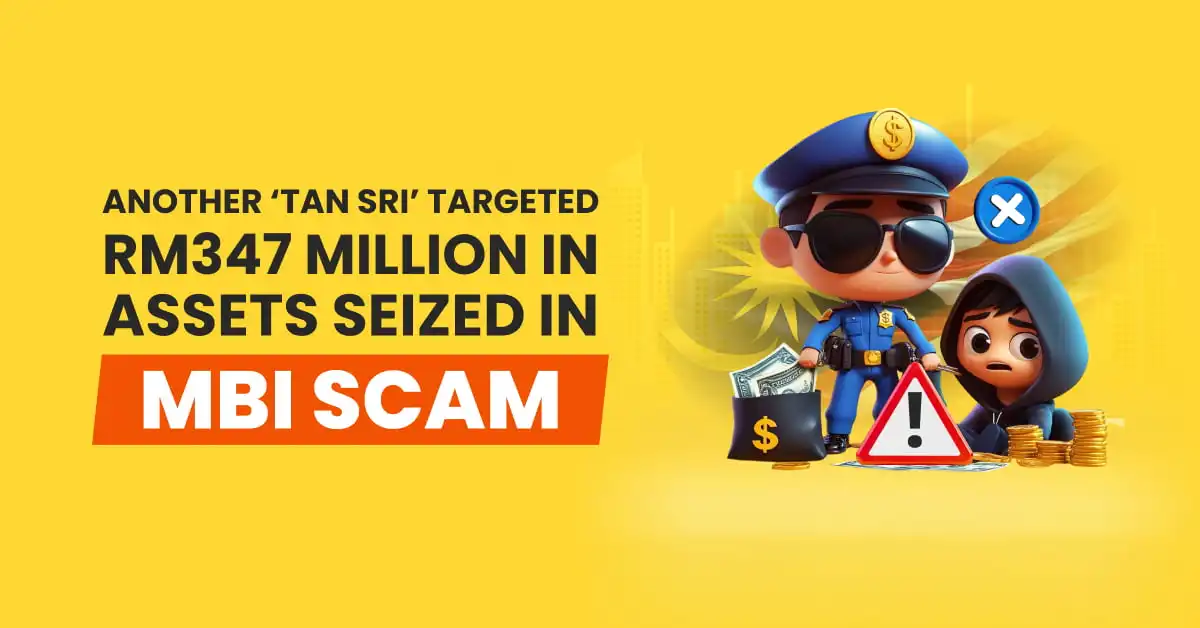Forex Regulators Around the World: Who’s the Strictest?
Abstract:Forex trading takes place in markets all over the world. Regulators in different countries oversee brokers to ensure fair practices and protect traders. However, not all regulators are the same. Some have much stricter rules than others. Continue reading to discover the most trusted regulators in the financial sector.

Forex trading takes place in markets all over the world. Regulators in different countries oversee brokers to ensure fair practices and protect traders. However, not all regulators are the same. Some have much stricter rules than others.

The Financial Conduct Authority (FCA) in the United Kingdom is known for its high standards. It requires brokers to follow strict guidelines on transparency and financial security. Brokers must separate client funds from company funds. This ensures that traders money is safe even if the broker goes bankrupt. The FCA also imposes limits on leverage to reduce trading risks.
Australias regulator, the Australian Securities and Investments Commission (ASIC), also has a strong reputation. ASIC enforces rules to protect traders from fraud and malpractice. Brokers under ASIC must meet strict capital requirements. They are also required to provide clear information about fees and risks.
In Europe, the Cyprus Securities and Exchange Commission (CySEC) is a major regulator. It oversees many brokers because Cyprus is a popular base for financial firms. CySEC follows European Union regulations, which are quite strict. These include limits on leverage and rules to prevent conflicts of interest. CySEC also has measures to compensate clients if brokers fail.
The United States has some of the strictest forex regulations. The Commodity Futures Trading Commission (CFTC) and the National Futures Association (NFA) oversee forex brokers. They have very high capital requirements. Brokers must hold at least $20 million to operate legally. Leverage is also heavily restricted in the US. This is to protect traders from high-risk positions.
In Asia, the Monetary Authority of Singapore (MAS) is a leading regulator. MAS ensures that brokers meet strict financial and operational standards. It also requires brokers to protect client funds and provide fair trading conditions. Singapore is considered a safe place for forex trading because of these measures.
Japans Financial Services Agency (FSA) is another strict regulator. It imposes very low leverage limits, which helps to reduce risks for traders. Brokers in Japan must also follow detailed rules to ensure transparency and fairness.
Some countries, however, have weaker regulations. Brokers in these regions may not offer the same level of security. Traders should be cautious when dealing with brokers from such jurisdictions.
Strict regulators play an important role in the forex market. They help to maintain trust and protect traders from fraud. When choosing a broker, it is important to check their regulatory status. A broker regulated by a well-known authority is often a safer choice.
The strictest regulators set high standards for the industry. They make sure brokers operate responsibly and protect their clients. Traders should always prioritise safety and transparency when selecting a broker. By choosing a broker regulated by a trusted authority, traders can trade with confidence.

Read more

Why You Shouldn't Be Afraid to Trust Your Capital to Regulated Brokers
Discover why regulated brokers offer safety for your capital with oversight, security, and transparency, plus the risks of unregulated options. Invest with confidence.

PrimeXBT Expands with Stock CFDs for Major Global Companies
PrimeXBT introduces stock CFDs, allowing trading of major US stocks like Amazon, Tesla, and MicroStrategy with crypto or fiat margin options.

Prop Trading Firms vs. CFD Brokers: Who’s Winning the Retail Trading Race?
In recent years, a new breed of retailer-focused trading firms has emerged: proprietary (prop) trading outfits that recruit individual traders to trade the firm’s capital under structured rules. Boasting low entry costs, clear risk parameters, and profit-sharing incentives, these prop firms are rapidly winning over retail traders, many of whom previously traded Contracts for Difference (CFDs) with established online brokers. As prop trading revenues accelerate, a key question arises: Are CFD brokers losing business to prop firms?

Another ‘Tan Sri’ Targeted, RM347 Million in Assets Seized in MBI Scam
Malaysia’s police are stepping up their investigation into the MBI investment scam, a multi-billion ringgit fraud that has dragged on for nearly a decade. The Royal Malaysian Police (PDRM) is now planning to arrest another prominent figure with the title ‘Tan Sri’, following recent arrests and major asset seizures.
WikiFX Broker
Latest News
Germany’s April PMI Falls Below 50 as Service Sector Stumbles
PayPal Opens Regional Hub in Dubai, Expands Middle East Reach
FINRA fines SpeedRoute for alleged rule violations
RM15,000 Profit Turned into RM1.1 Million Loss for Engineer!
New to FX Trading? Stop! Read These Warnings First
Prop Trading Firms vs. CFD Brokers: Who’s Winning the Retail Trading Race?
TRADE.com UK Sold to NAGA Group Amid 2024 Revenue Drop
Why Binance Tightens Crypto Transfer Rules for South Africans?
Coinbase Eyes U.S. Federal Bank Charter for Crypto Growth
Why People Fall for Online Trading Scams
Rate Calc
